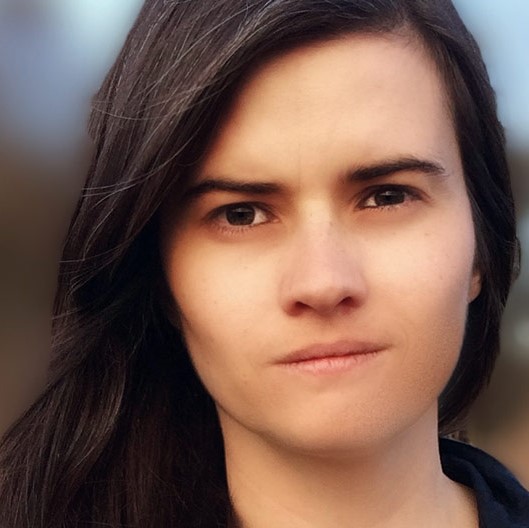Interview by Jana Hoops. Special to the Clarion-Ledger Sunday print edition (August 4)
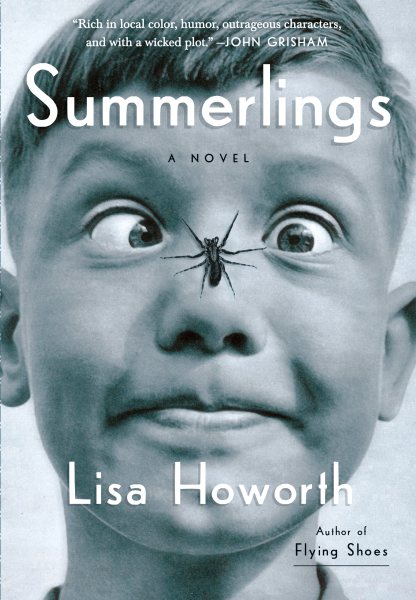 Oxford’s Lisa Howorth combines a humorous twist with the looming realities of an America on the cusp of the 1960s in her sophomore novel, Summerlings.
Oxford’s Lisa Howorth combines a humorous twist with the looming realities of an America on the cusp of the 1960s in her sophomore novel, Summerlings.
Set in 1959 and narrated by 8-year-old John, the story centers around the boy’s world during a summer he would never forget: at once a carefree season spent planning shenanigans with his friends, but living with his grandparents and missing his parents, longing to make his neighborhood in Washington, D.C., a more friendly place to live, and surviving an unexplainable spider infestation that has taken over his town.
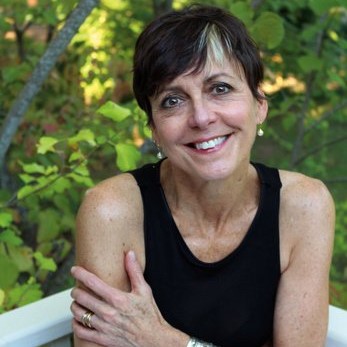
Lisa Howorth
Howorth’s narrative makes a case for more than a few obvious comparisons of the America of 60 years ago with today’s social and political climate–with a bit of nostalgia thrown in.
The Washington, D.C. native and former librarian is also the author of the novel Flying Shoes, as well as stories about art, travel, dogs and music that have appeared in the Oxford American, Garden & Gun, and other publications.
Howorth and husband Richard are the founders of Square Books in Oxford.
Summerlings packs a lot of grown-up worries into a heartfelt story about the summer of 1959 for close childhood friends and neighbors growing up in Washington, D.C. There are social and political alignments left over from World War II, the heartbreak of divorce–in a time when it was an anomaly–and the Cold War that reinforced suspicions of neighbors against each other. Since you grew up in Washington, D.C., does the setting of this story align itself with your own memories and feelings about that time and place?
Yes–absolutely! The fictional setting of Summerlings is very similar to the ‘hood of my early childhood–Chevy Chase at the District line. It didn’t really occur to me until late in life that mine was an intriguing and unusual neighborhood; typical for D.C., but for nowhere else. To us kids, of course, it was just our ‘hood, and the Washington we knew.
The story is narrated main character John, who, at 8, has his hands full with his parents’ divorce, his mother’s extended hospital stays for what he is told is a case of tuberculosis, a neighborhood bully, a spider plague of Biblical proportions, and a plan to make his neighborhood a friendlier place. As played out with his best friends Ivan, Max, and Beatriz, John’s assessments of his day-to-day challenges often reveal a degree of wisdom beyond his years, always tempered by the judgment of a child. In many ways, the story reminds us that each generation faces its own share of grave problems. What is it about John that reveals his resilience despite his problems?
The story is narrated by John as an adult looking back. As an 8-year-old, he does have a degree of wisdom beyond his years, as traumatized children do. Also like such children, he’s resilient, because what choice do kids have? John understands that his world is shaped by the incomprehensible–and sometimes cruel–actions of adults, but he has no power and must navigate the best he can, resigned to his belief that “the world is the weirdest place on earth.”
There is a fleeting scene in the story in which John’s mother is home for a brief visit, and the family sits down for dinner. He calls it “heartwarming,” and says “I was content. We were like a normal family.” Why was this such an important experience for him?
John is bereft of both parents and he longs for them, especially his mom. When she briefly returns from St. Elizabeth’s, he’s so happy, reveling in her attention and love, and hoping her “TB” is cured. And most kids want stability and normalcy–whatever that is–in their family life, and he’s able to briefly feel that. Unfortunately, as you say, his comfort is fleeting, not even lasting through their crab cake dinner.
The spider plague of that summer was like no other, and was a great equalizer that ensured a common suffering among the city’s residents – and even IT carried political suspicions. Explain the spider plague for readers.
I created the spider plague because I thought it would be fun to capture the goofiness of kids with their collecting obsessions, and would also make the adults seem a little ridiculous with their own obsessions in the Cold War years: the plague must be another plot by the Soviets to “bury” us, as Khrushchev famously said.
Also, I love writing about the natural world in a place, and I’m crazy about E.O. Wilson’s memoir, Naturalist, particularly about his Alabama childhood collecting bugs. By the way, Wilson’s mentor was Marion R. Smith, a myrmecologist (a scientist who studies ants) who worked in Mississippi and D.C. and has a cameo in Summerlings.
John laments late in the story that children are constantly being told, “You’ll understand when you’re older,” yet they are faced with problems they must process at the moment. In what ways does this entire story, which took place 60 years ago, remind us that some things never change–and what can we learn from that?
Well, I think I make it clear that the issues of the late ‘50s and early ‘60s resonate strongly today, most obviously the ongoing concern with Russia. When I began writing this book, I didn’t really set out to make this a strong theme, but the more I researched, the more I found: 60 years ago, Khrushchev vowed publicly to interfere in our elections, they were poisoning people, refugees were being turned back from the U.S., and we all feared Communism and nuclear war.
But there’s also, I think, a way to see things positively: things appear to be terrible, but we do come through. At least so far! And on a lighter note, it was fun to write about how exciting and pervasive the music and films of the ‘50s were, too–we still cherish all that, remembering the iconic lyrics and scenes. The good things also last.
Lisa Howorth will be at the Eudora Welty House on Wednesday, August 7, at 5:00 to sign and read from Summerlings. Lemuria has selected Summerlings as its July 2019 selection for its First Editions Club for Fiction.
* * *
Howorth will also appear at the Mississippi Book Festival August 17 as a participant in the “Southern Fiction” panel at 2:45 p.m. at the Galloway Fellowship Center.
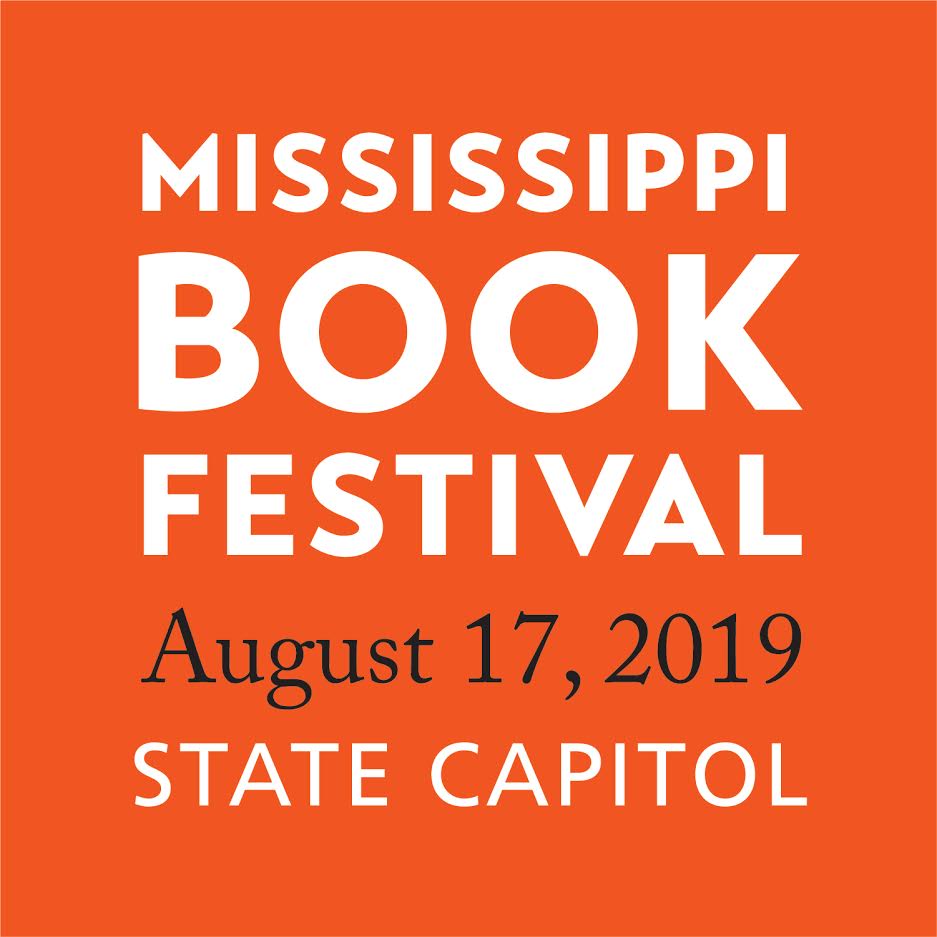


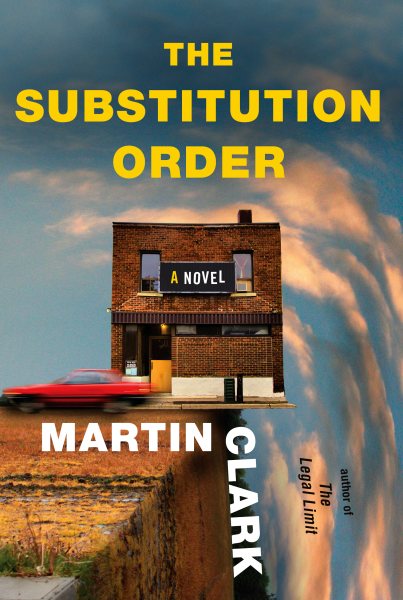 The latest evidence of that claim:
The latest evidence of that claim: 
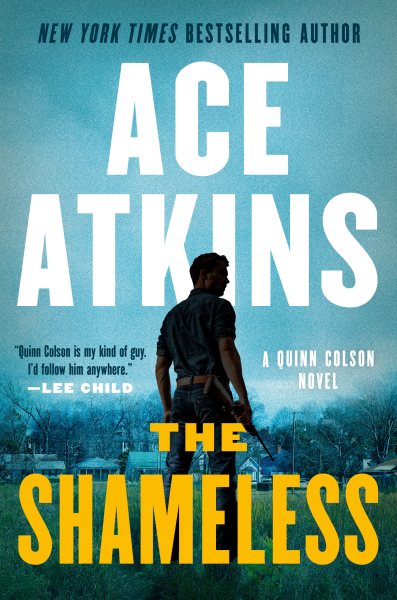 It’s hard to believe that Ace Atkins’ acclaimed Ranger series has logged book number nine with
It’s hard to believe that Ace Atkins’ acclaimed Ranger series has logged book number nine with 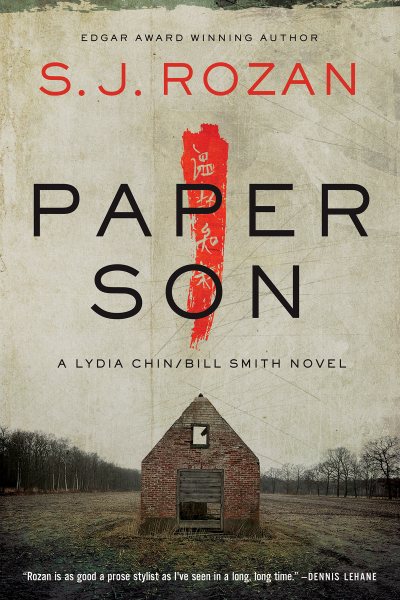 Multi-award-winning crime writer Rozan, herself a native and current resident of New York City, was intrigued when she first heard about the Delta’s long-established Chinese community, and proved that this “Most Southern Place on Earth” was also the best setting yet for another whodunit. And this time, it‘s personal: Lydia’s cousin–whom she never knew existed–has been accused of murdering his father.
Multi-award-winning crime writer Rozan, herself a native and current resident of New York City, was intrigued when she first heard about the Delta’s long-established Chinese community, and proved that this “Most Southern Place on Earth” was also the best setting yet for another whodunit. And this time, it‘s personal: Lydia’s cousin–whom she never knew existed–has been accused of murdering his father.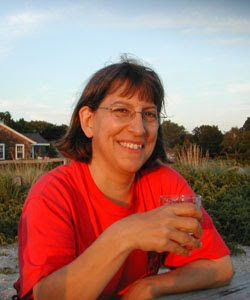
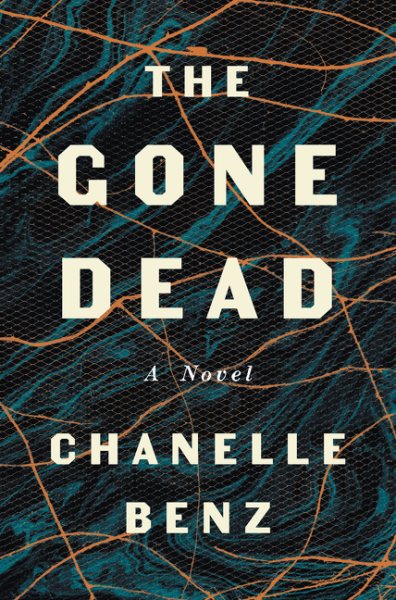 Born in London and growing up in points around the U.S., Chanelle Benz wound up discovering the Mississippi Delta–which would become the setting for her new novel
Born in London and growing up in points around the U.S., Chanelle Benz wound up discovering the Mississippi Delta–which would become the setting for her new novel 
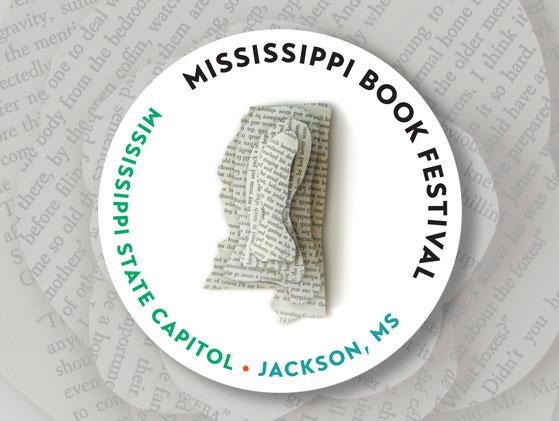
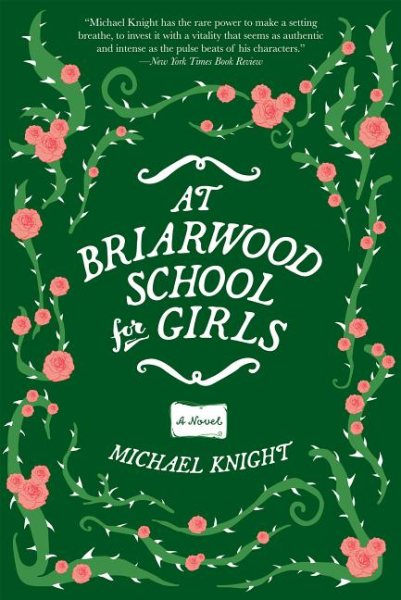 Knight’s new novel, set in 1994 at a boarding school in rural Virginia, is told from the perspective of Lenore Littlefield, a pregnant student of hidden talents and opaque motivations, and two lonely faculty members ostensibly charged with the education and guidance of Littlefield and her peers. The first person to whom Lenore reveals her predicament is her well-intentioned but somewhat indecisive history teacher, Lucas Bishop.
Knight’s new novel, set in 1994 at a boarding school in rural Virginia, is told from the perspective of Lenore Littlefield, a pregnant student of hidden talents and opaque motivations, and two lonely faculty members ostensibly charged with the education and guidance of Littlefield and her peers. The first person to whom Lenore reveals her predicament is her well-intentioned but somewhat indecisive history teacher, Lucas Bishop.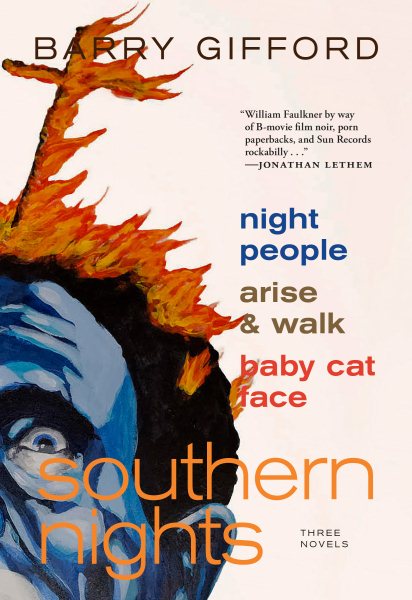 When asked to read Barry Gifford’s
When asked to read Barry Gifford’s  Oxford’s Mary Miller highlights a Mississippi coastal town with a thoughtful tale of a middle-aged man facing an uncertain and lonely future–until he adopts a dog on a whim and one thing leads to another.
Oxford’s Mary Miller highlights a Mississippi coastal town with a thoughtful tale of a middle-aged man facing an uncertain and lonely future–until he adopts a dog on a whim and one thing leads to another.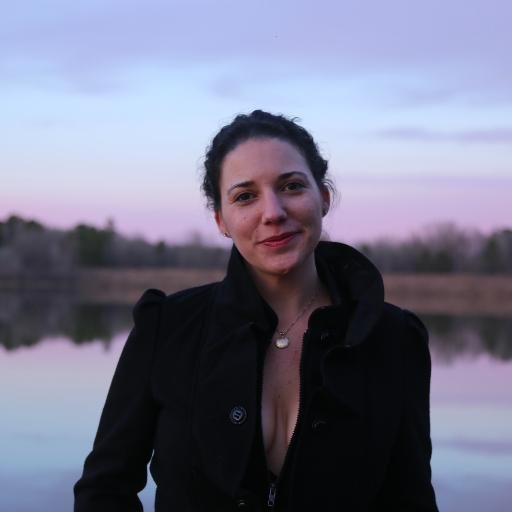
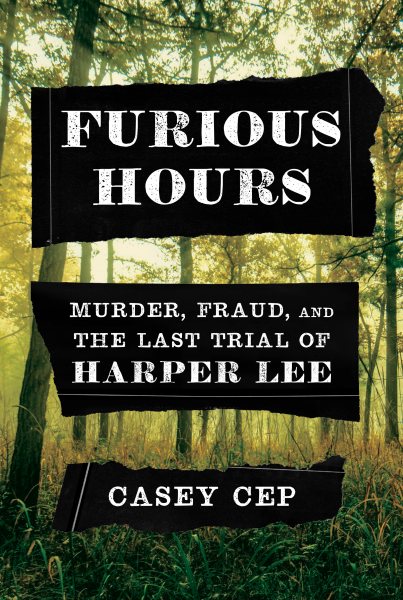 Casey Cep in
Casey Cep in 